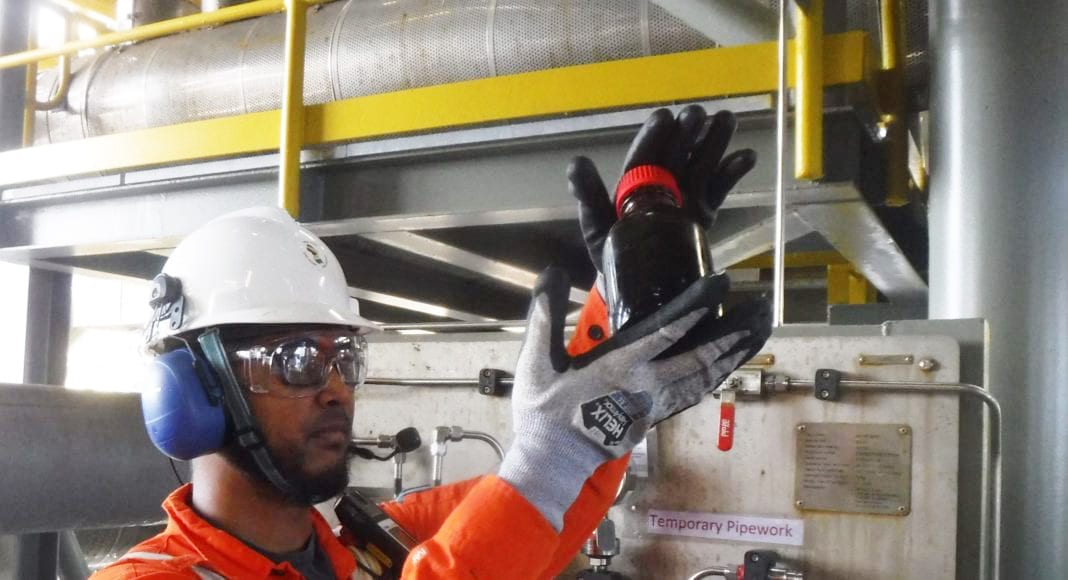The relaxing of COVID-19 lockdown measures is resulting in more vehicles taking to the roads and this is driving up the demand for lighter, sweeter oil which refiners need to produce gasoline. With a sulfur level of 0.51% and API gravity of 32.10 degrees, the medium sweet Liza Crude being produced offshore Guyana is ideal for this purpose.
According to a recent report from Reuters, European refiners especially are moving away from sour varieties like Russian Urals, which have risen in price since a supply cut pact by producer countries made the grades scarcer, towards alternatives like U.S. West Texas Intermediate (WTI), West African grades, CPC Blend and Azeri oil.
“Many discounted barrels from the U.S. are arriving in Northwest Europe,” one European importer of both Nigerian and U.S. oil said.
“Demand is increasing from a bottom in April, and in July and August demand should be higher,” they added.
Although gasoline stocks in northwest Europe remain close to all-time highs and refining margins are still in the doldrums, the bargain price of lighter, sweeter crude is hard to refuse, the Reuters report stated.
Robert McNally, author of Crude Volatility and founder of Washington D.C.-based Rapidan Energy Group said crude oil can be heavy and dirty with a high sulfur content which diminishes its value or it can be very light “like champagne” with low sulfur.
“Guyana’s crude happens to be middle grade in weight and low sulfur which means clean right from the ground. So, it’s a perfect oil for making jet fuel and the products that are in very high demand,” he told a group of local business operators during a visit to Guyana earlier this year.
“Refiners are switching to sweet. And the arbitrage is open, so WTI is being offered in the Mediterranean and Asia with (strong) demand,” Reuters reported a trader as saying. But with WTI prices firming in Europe to around $1 above dated Brent, Nigerian grades at around the same price are coming into play, traders said.
The quality of the Liza Crude and its competitive price (dated Brent) as a new introductory blend on the market mean refiners have yet another option, and this will become increasingly important as demand continues to move back up.



